The Agile methodology has helped businesses flourish and innovate since its inception. As Epitech students often choose the path of self-employment and entrepreneurship, giving them the knowledge needed to succeed as leaders is essential. The aim of studying at Epitech is not only to become a proficient developer, but also an innovator and a polyvalent problem solver. Hence the openness of Epitech students to other disciplines and the interest of having professionals come on campus to share their field experience.
Teamwork is at the core of Epitech’s project-based pedagogy. Self-reliance is important, but being a team player is as important, if not even more! Consequently, success is a collective effort.
A teaching method which relies on teamwork is difficult to put in practice in the absence of good soft skills and knowledge of project management methodologies. Therefore, at Epitech Brussels classes introduce students to many aspects of project management, leadership, entrepreneurship, and start-up development.
Clément Toukal – Agile coach, trainer, design thinking facilitator, and lean start-up enthusiast – has been helping our fourth-year students to consolidate their projects and improve product development since the opening of the campus. Right from the beginning, Clément has noticed and appreciated Epitech students’ autonomy, team spirit, and curiosity towards efficient work methods. Clément guides teams’ self-organization efforts which facilitate workflow. Lately, his Agile coaching sessions have been all the more necessary and useful to our students since working remotely has become the new normal to which they all needed to adapt.
To better understand the Agile methodology and its impact on the business culture, especially in these times, we asked Clément a few questions:
What is Agile methodology in project management?
Agile is not only a methodology, it is more a work culture based on 4 values and 12 principles. In comparison to the Waterfall methodology for project management, which is a linear process, Agile brings adaptability. It allows us to develop a product in an iterative and incremental way, including customer feedback. There are different agile frameworks in which these principles are applied concretely, each with its defined roles, ceremonies, and techniques. The most popular are Kanban and Scrum.
What drew you to entrepreneurship and to the Agile methodology?
I first discovered Design Thinking through my studies and various experiences in incubators and start-up accelerators. This led me to think about innovation not only from a technological point of view but also from a managerial angle. I then joined a company specializing in digital and Agile transformation. Within this company, I was able to deepen my knowledge of Agile, its different frameworks, and techniques, and to apply them by launching and developing a new Training Center, while also working with customers in full Agile transformation, whether as a Lean Startup Coach in the banking sector or as a trainer. Now, I am an Agile Coach in the innovation department of a Telco company.
How did the Agile methodology change the world of innovation and entrepreneurship?
Agile culture has helped start-ups to constantly innovate. As previously mentioned, some characteristics of the Agile culture are essential to a start-up’s success: being customer-centric, regularly adapting its product/service, or facilitating collaboration within the team to maximize value while minimizing efforts.
However, the most innovative companies did not wait for the Agile Manifesto (2001) to integrate users in their process of creating new products and services. For example, the techniques resulting from Design Thinking are older and widely used in start-ups.
What does a team/project win by using the Agile methodology?
The first and probably the most important thing that a team wins thanks to the Agile culture is the adaptability to change. In this VUCA world, it became a success criterion when designing the majority of products and services.
The other benefits are improved collaboration within the teams, happiness at work, a better quality of products, customer-centricity, improved time-to-market, sustainable innovation…
Are teams less agile in the time of Covid-19?
Some Agile frameworks like Scrum underline the value of having co-located teams. However, it is not a prerequisite to be an Agile team or an Agile company. Agile culture is about team collaboration, customer centricity, fast and regular delivery… not about being in the same office at the same time.
Actually, I would even say that this crisis led to changes and to a reorganization of the way of working. For the teams I know, this crisis had been a catalyst for the agile transformation.
How different is it being an Agile facilitator remotely than working physically with the team?
Being an Agile facilitator remotely is something else entirely. We can learn a lot from being around our teams, observing their way of working, and their interaction. At the beginning of the lock-down, we lost some elements in terms of team dynamic, the small talks before a meeting, the informal discussion around a coffee, and the pleasure to see each other. However, we experimented several things to keep a good level of interaction such as remote coffee meetings, team apex to celebrate success, or simply keeping the camera on during meetings.





